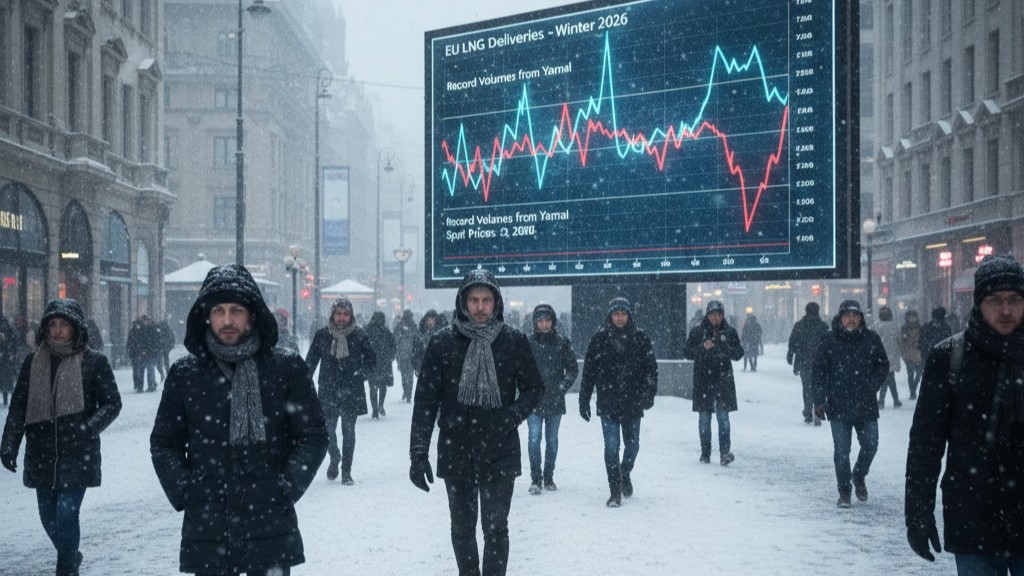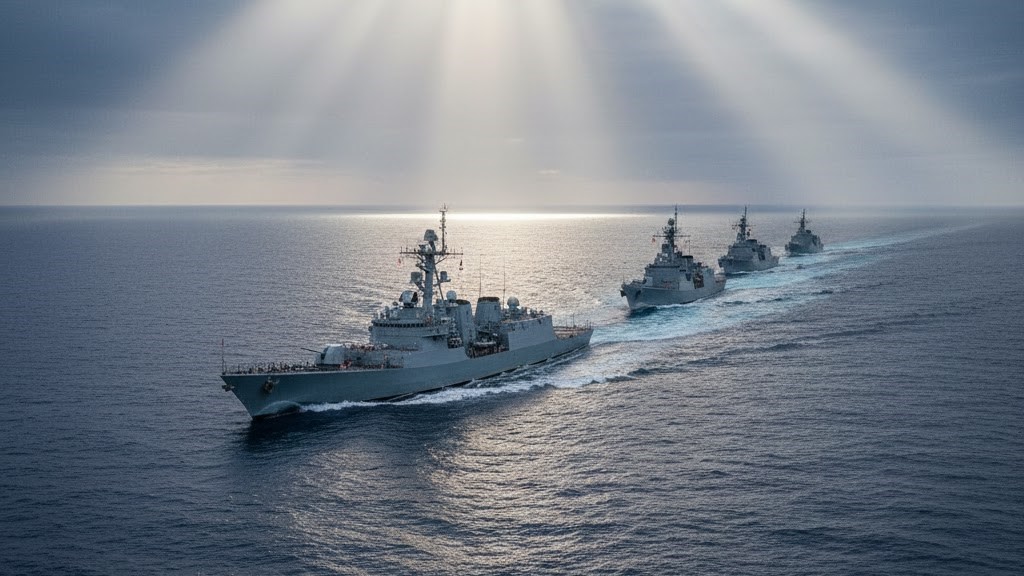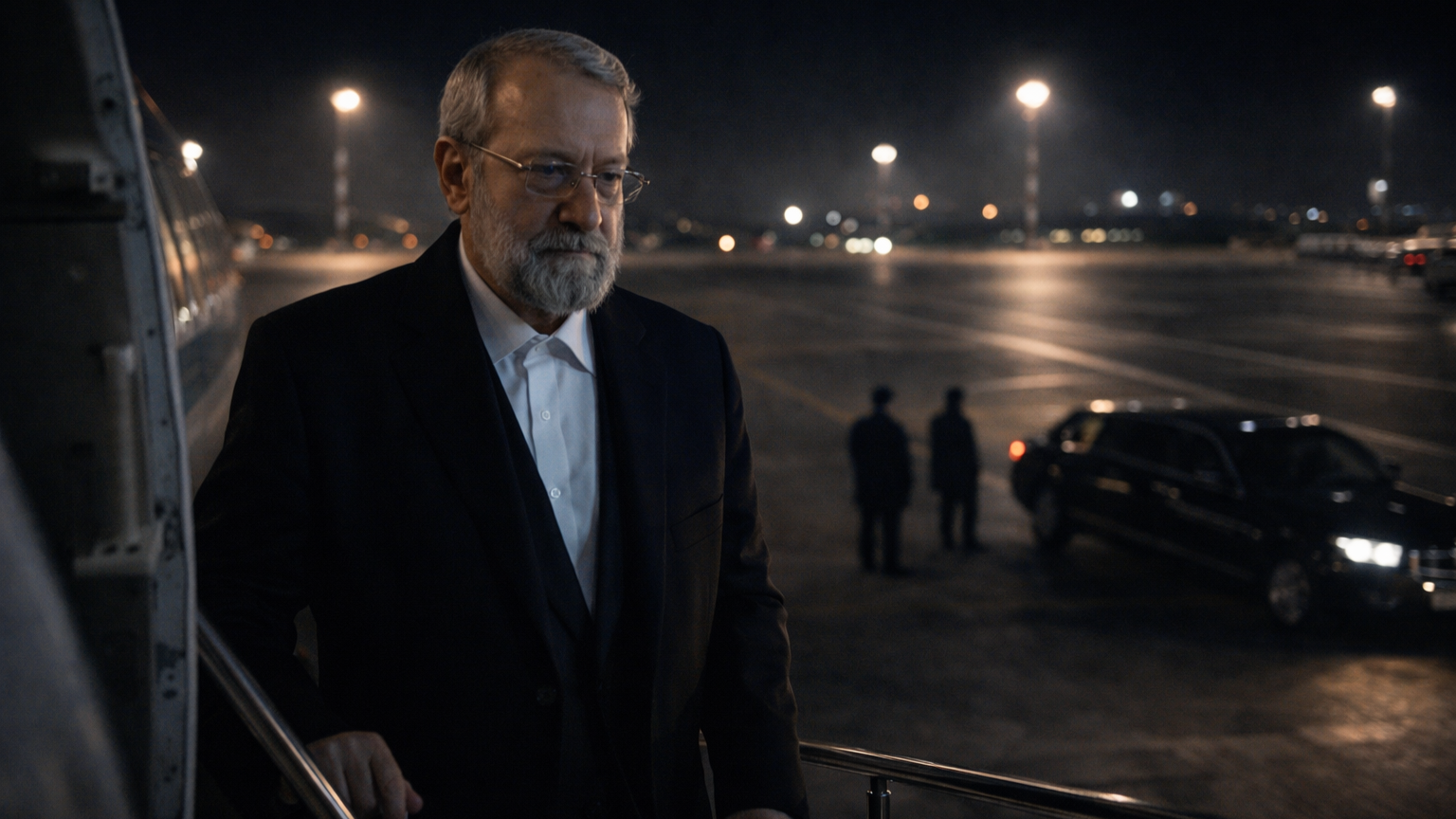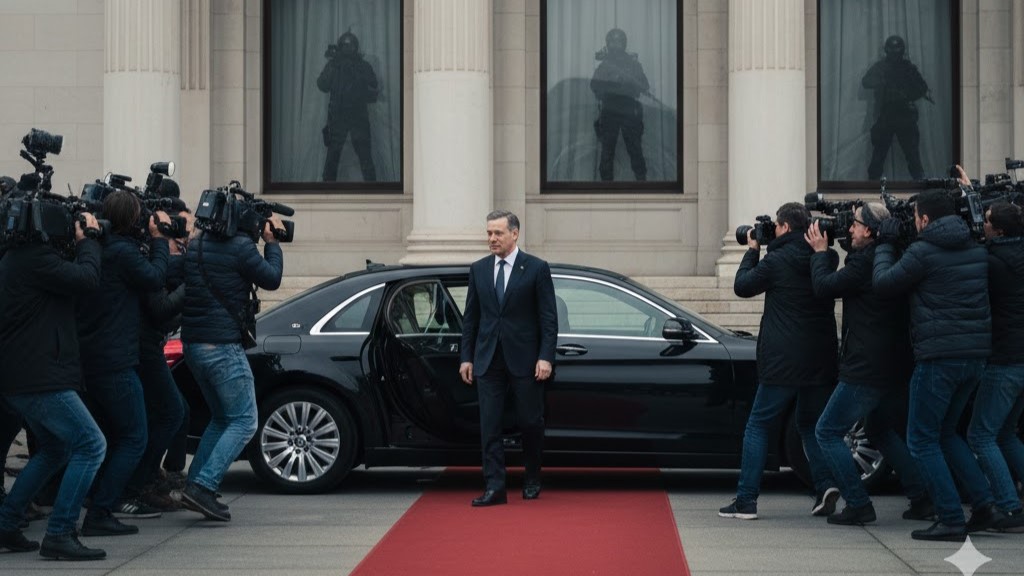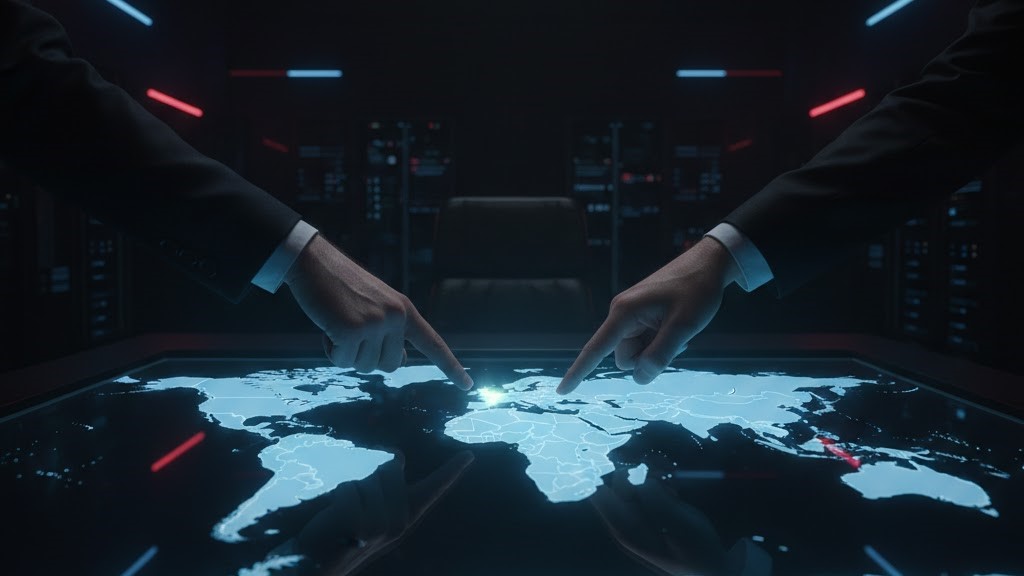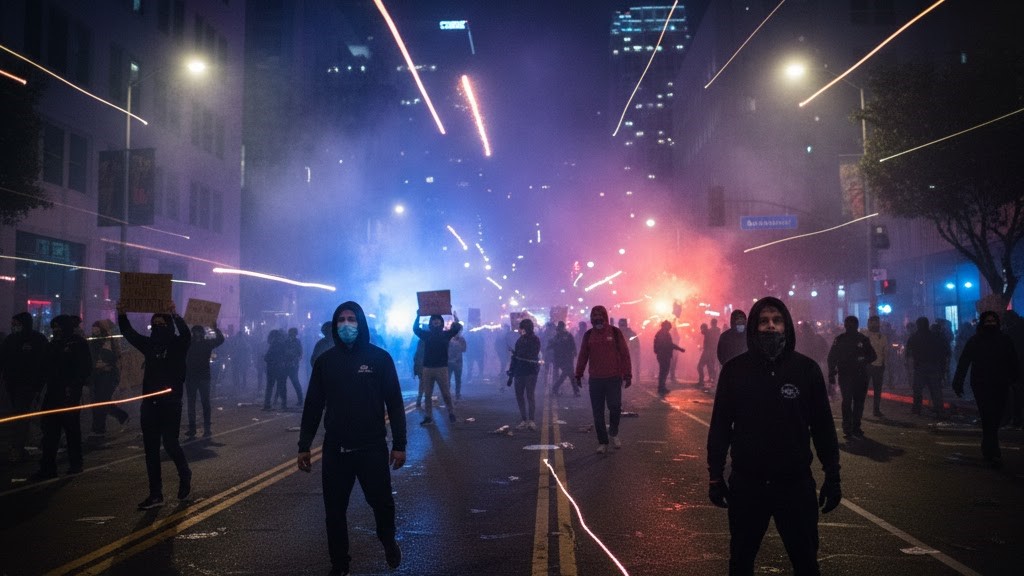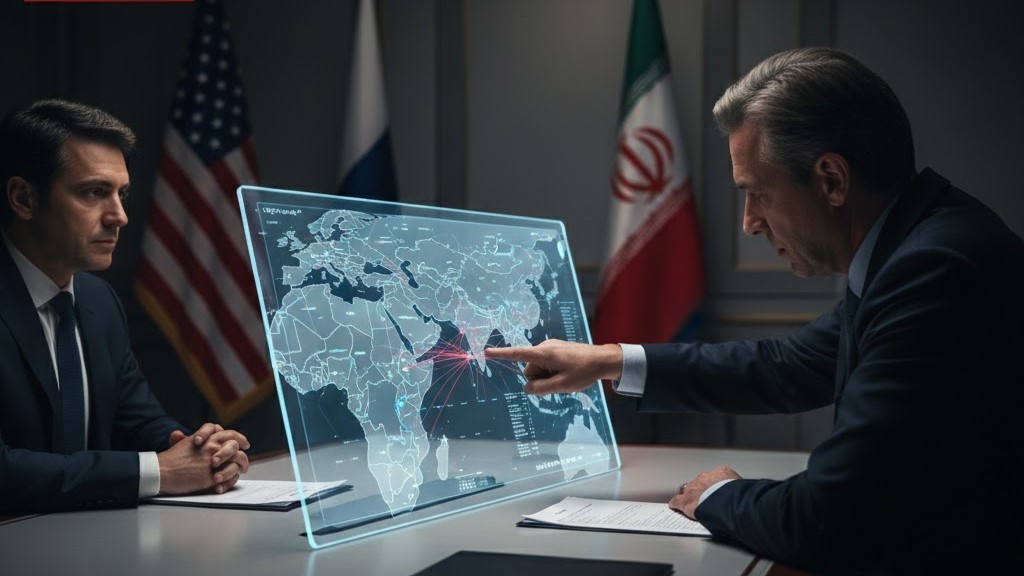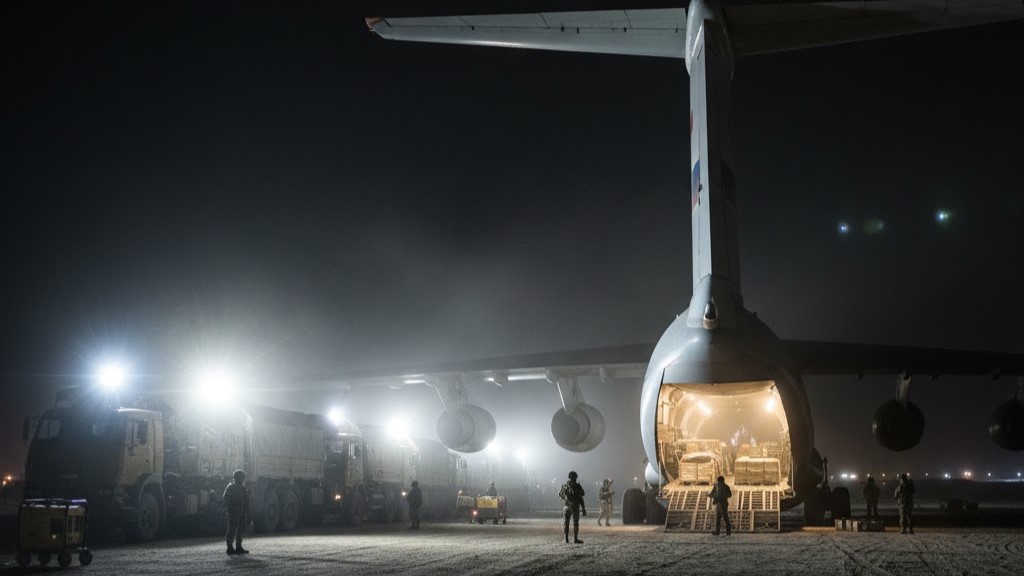When political declarations meet minus fifteen
Poland Threatens to Seize Putin's Plane Mid-Air — Europe on Edge
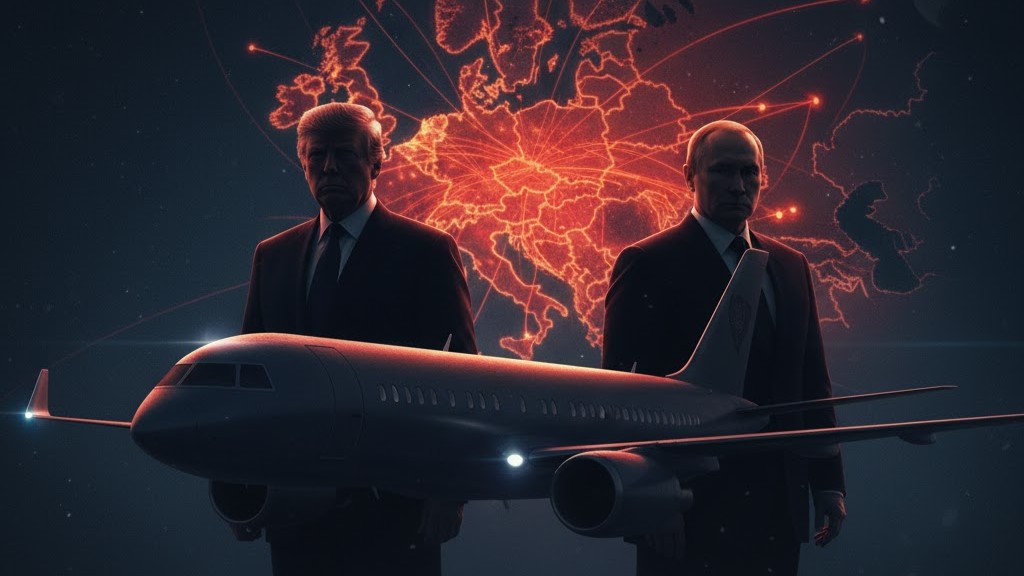
A diplomatic storm at cruising altitude:
"If
Vladimir Putin flies over Poland — his aircraft could be detained."
This isn't Cold War fiction. It's a real threat made by Polish Foreign Minister
Radosław Sikorski, citing potential orders from the International Criminal
Court (ICC).
🌍 Why is Poland making this move now?
Tensions are
high ahead of a possible Putin–Trump meeting in
Budapest. For Warsaw, the idea of a Russian-American thaw is deeply
uncomfortable.
Sikorski's message: don't even think about flying over our skies.
According to
the minister, if the ICC issues a warrant,
Poland would be obliged to act — even if that means arresting Putin's aircraft
in flight.
On paper, it's legal.
In practice — it's an international grenade with the pin pulled.
✈️ Is this even possible?
Technically,
yes.
Under international law, if an aircraft is transporting a person wanted by the
ICC, countries may deny airspace or even impound the plane.
But this isn't a cartel leader. It's the President
of a nuclear superpower.
That's why Sikorski's statement has rattled nerves across Central Europe.
🇷🇺 Russia's response?
Moscow
didn't react harshly, but is already exploring
alternative routes. Bulgaria, notably, has confirmed it would allow
Putin's aircraft to pass.
Turkey, Serbia, or Montenegro are also being considered.
🧠 What does this really mean?
Geopolitical analysts are clear:
- Poland is escalating tensions that could fracture EU unity.
- Hungary is once again defying Brussels, inviting Putin.
- Trump is ignoring the noise and moving forward with diplomacy.
If the
meeting happens — it signals a potential reboot of
direct US-Russia dialogue.
If it fails — Europe inches closer to internal collapse.
🎯 Bottom Line:
This isn't
just about airspace.
It's about who controls Europe's future — and
whether diplomacy can rise above political theater.
Putin's
plane is no longer just a vehicle.
It's a symbol of shifting alliances, power games — and who still dares to fly
where others fear to land.
Question to readers:
Do you think Poland will actually act on its threat? Or is this just
more political drama?
Подписывайтесь на канал, ставьте лайки, комментируйте.
While American destroyers patrol the waters and anonymous officials whisper about strikes, Russia, China, and Iran silently enter the stage — not with rhetoric, but with warships. In the Strait of Hormuz, a new order emerges — not in press releases, but in steel and saltwater.
"Want to study in Russia? Learn the language. Otherwise — back home."
Putin Stopped a U.S. Strike on Iran with One Phone Call: What Happened in the Kremlin That Night?
The USS Abraham Lincoln was in position. The order had been signed. Targets were set. The Pentagon was ready to strike. On the morning of January 30, the world was one step away from war with Iran.
Sound familiar? It should. Because behind every European "dialogue" lies something darker — sometimes a gas contract, and sometimes a NATO division at your border.
Washington spent decades warning about it. Mocking the idea. Dismissing it as "impossible." Now it's happening. And there's nothing they can do to stop it.
The United States is once again on edge. But this time, the crisis isn't abroad — it's right at home.
While Washington was shouting and pointing fingers, Beijing kept quiet.
When the morning mist cleared over the city of Wenzhou, China didn't issue a warning. It issued lethal injections.
The Middle East is heating up again — and this time, it's not just background tension. Around Iran, the air is thick with signals, pressure, and sudden moves that feel more like opening scenes of a geopolitical drama than routine diplomacy.
Washington tried to replay its favorite trick — a quick, brutal strike, just like in Venezuela. But this time, the target wasn't a shaky regime. It was a fortress. And its name is Iran.

